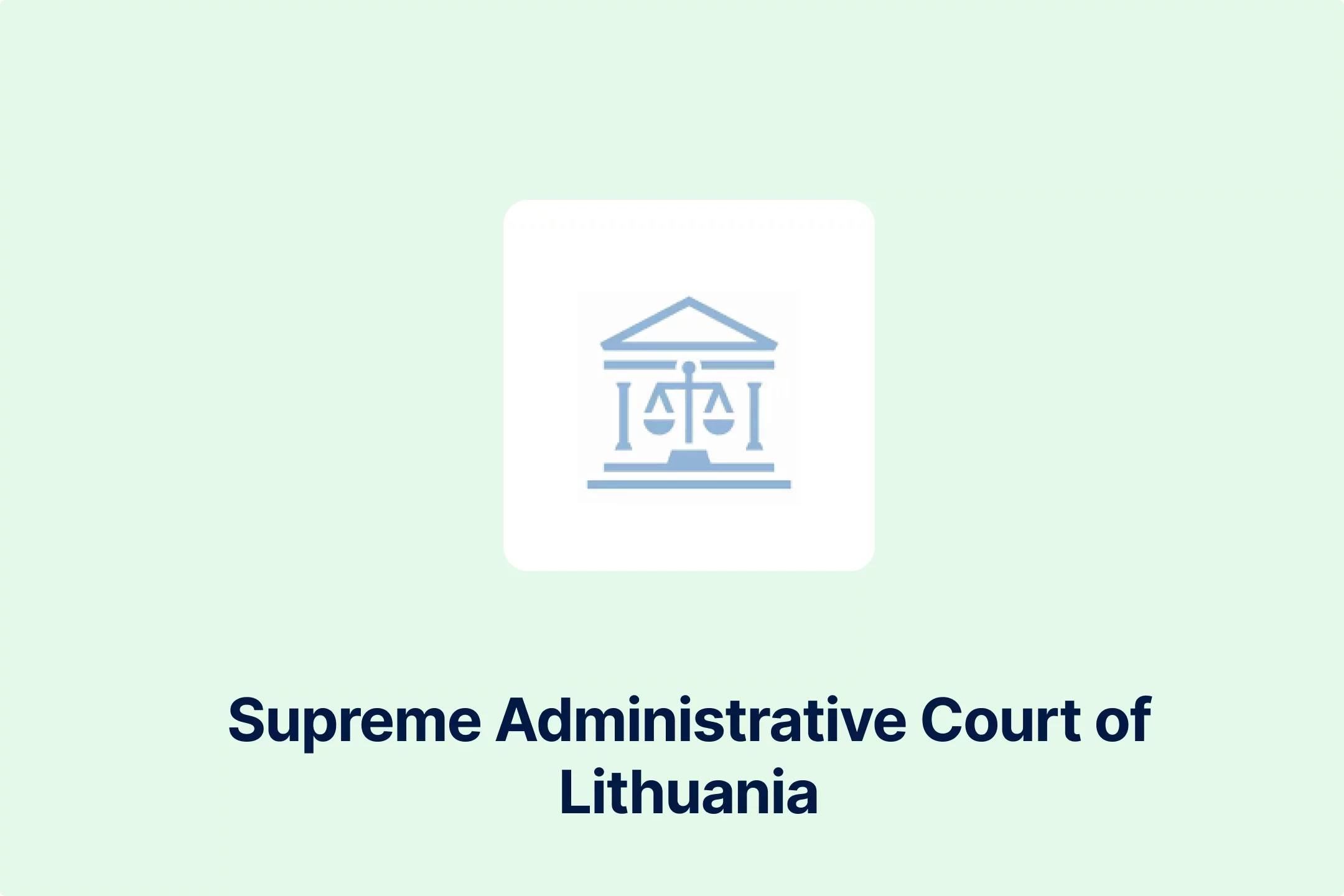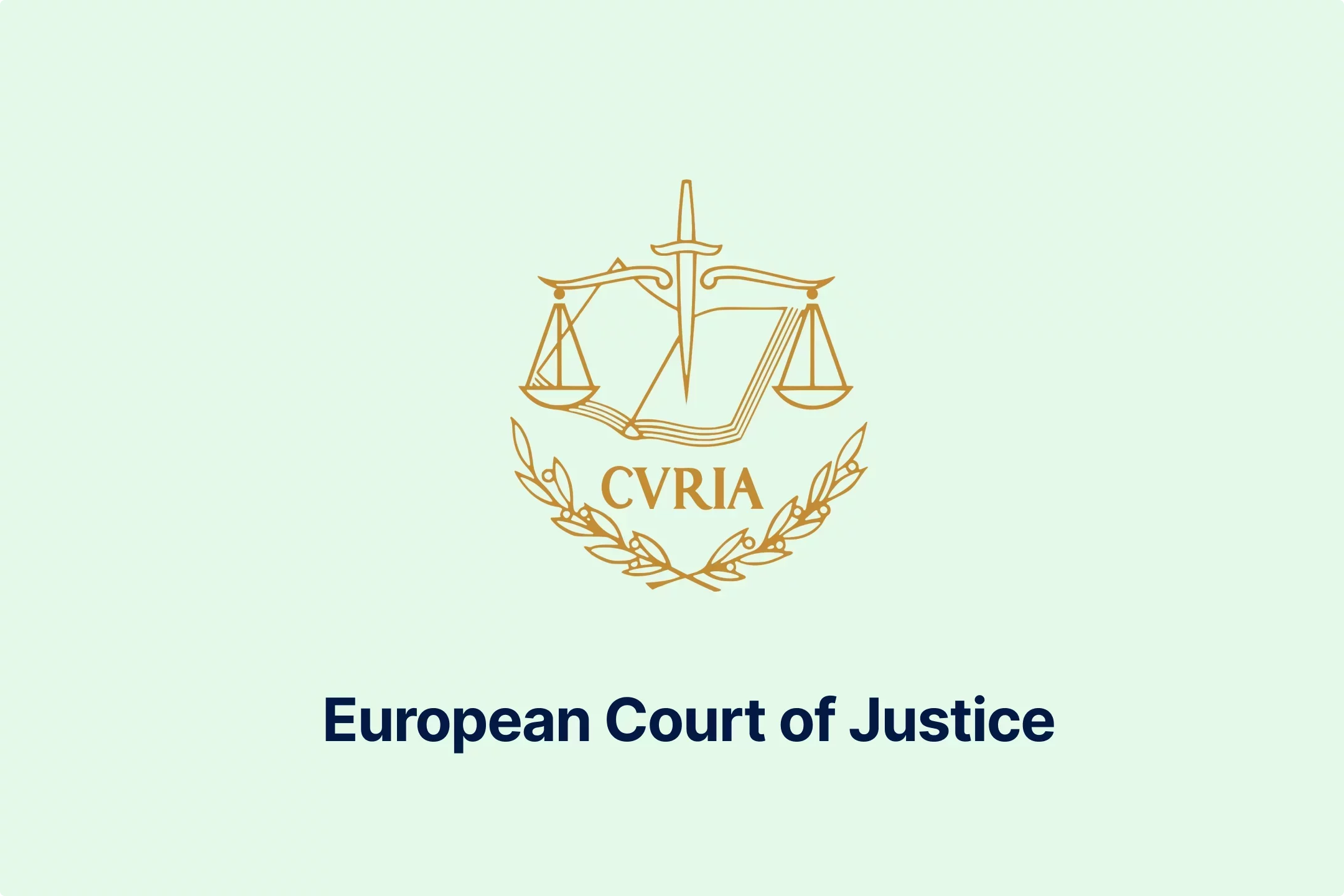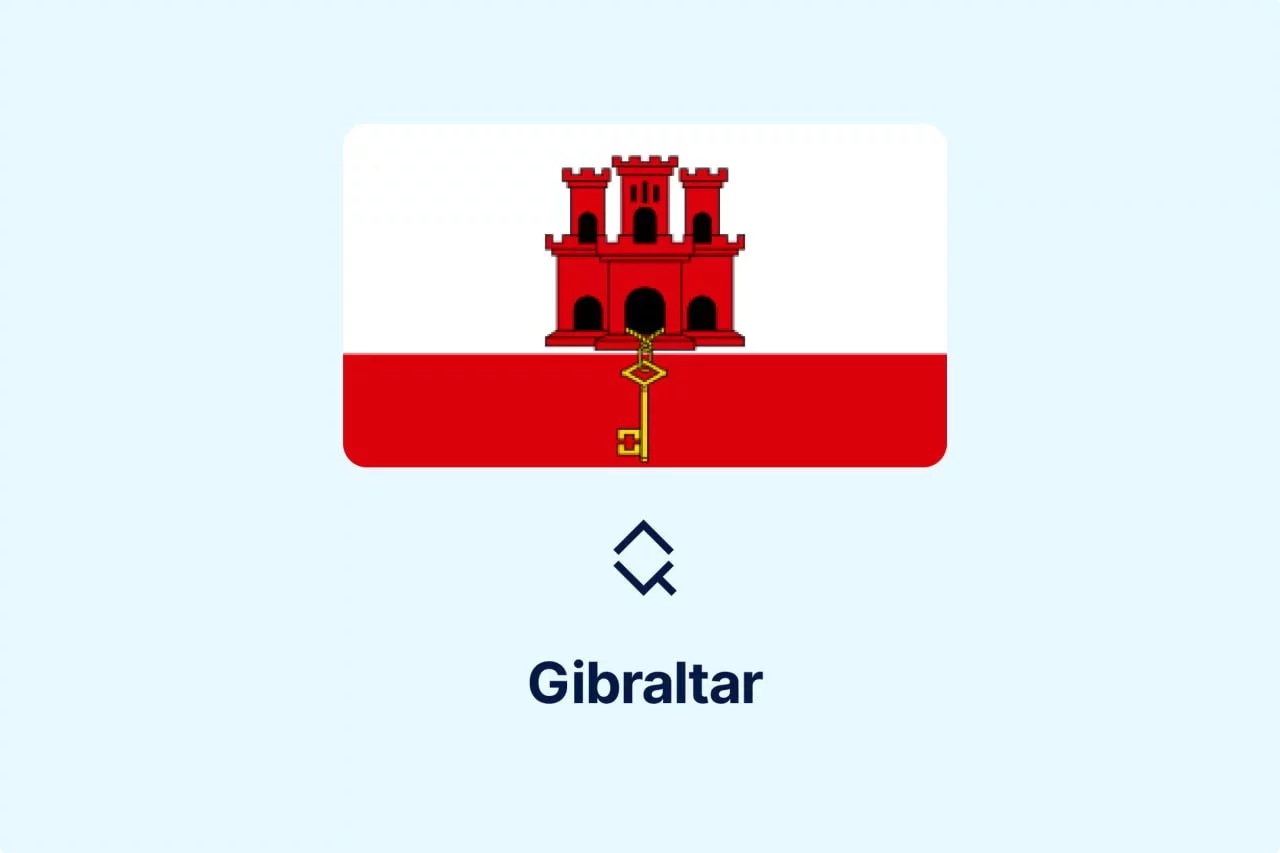ECJ Case C-75/20: Transportation Costs and Customs Valuation Explaine

🎧 Prefer to Listen?
Get the audio version of this article and stay informed without reading - perfect for multitasking or learning on the go.
The ECJ case C-75/20 involves several parties, the two most relevant being a Lithuanian company, Lifosa UAB, and the Lithuanian Customs Department. The case refers to the issue of determining the customs value of imported goods under EU rules and regulations from a non-EU country through an EU intermediary.
To add to the interestingness of the case, the parties involved agreed on the ICC Incoterms 2000 Delivered at Frontier (DAF) parity, which was why the Lithuanian Customs wanted to include transport costs in the transaction value. This conclusion by the Customs resulted in a request for additional payment of nearly EUR 300,000 in customs duties, import VAT, fines, and interests.
Background of the Case
A Lithuanian fertilizer production company, Lifosa, imported technical sulfuric acid from the Belarusian producer Naftan JSC through an intermediary, Transchema UAB, between January 2014 and October 2016. The transactions were completed based on the 2011 contract, followed by supplementary agreements, which specified prices. The supplementary agreements also provided Incoterms 2000 DAF parity.
Under the DAF parity, the seller, in this case, the Belarusian Naftan JSC company, must deliver the goods at the buyer's disposal, not unloaded, cleared for export at the named point and place at the frontier, before the customs border of the adjoining country. The buyer, in this case, the Lifos, bears all risks when the goods have been placed at this named point and placed at the frontier. For this case, it is relevant that the Naftan JSC covered transportation costs up to the EU border.
Lifosa, as the buyer and importer, declared the customs value based on invoices provided by the intermediary. However, during the audit by the Kaunas Customs Office, it was found that the declared value was lower than the actual transportation costs incurred by Naftan JSC, as the producer and seller.
Consequently, the Kaunas Customs Office adjusted the customs value to include these costs. Furthermore, it required additional payment of EUR 25,876 in customs duties, EUR 412 in default interest, EUR 187,152 in import VAT, EUR 42,492 in VAT interest, and a EUR 42,598 fine.
Lifosa appealed against the decision before the Customs Department under the Ministry of Finance, which denied the appeal. The outcome of the appeal forced Lifosa to initiate proceedings before the Regional Administrative Court, which in 2017 rejected the legal action as unfounded. Finally, the company appealed against such a decision before the Supreme Administrative Court of Lithuania.
Since the Supreme Administrative Court was unclear whether EU customs rules require the transport cost to be added to the transaction value when the producer’s costs exceed the price at which the goods are transferred to the importer, the Court decided to pause the proceeding and refer a request for a preliminary ruling to the ECJ.
Main Questions from Request For Ruling
The key question raised in this case is whether the customs value of imported goods must be adjusted to include all transportation costs incurred by the producer when the agreed sale price already includes delivery fees to the EU border.
The main issue is that the transportation costs exceeded the price paid by the importer, Lifosa, even though that price reflected the actual value of the goods. The Supreme Administrative Court sought clarification on whether EU customs rules require these additional transportation costs to be included in the transaction value for customs purposes, even though the importer’s payment did not fully cover them.
Applicable EU Directive Articles
Several EU regulations, including the Community Customs Code, Regulation (EEC) No 2454/93, the Union Customs Code, and Implementing Regulation (EU) 2015/2447, were considered in deciding the raised question.
The Community Customs Code, under Articles 29(1), 29(3), and 32(1)to (3), establishes that the customs value of imported goods is based on the transaction value. The transaction value is defined as the price paid or payable for the goods sold for export to the EU, where the price must be adjusted if necessary for, among other factors, the cost of transport and insurance to the point of entry into the EU.
Although the price must reflect all payments made by the buyer to the seller or intermediary, additions to the customs value can only be made using objective and quantifiable data.
Article 164(c) of Regulation (EEC) No 2454/93 defines that when transport is free of charge, or arranged by the buyer, the customs value must still include transport costs up to the point of entry into the EU. Moreover, the transport cost should be calculated based on standard freight rates for similar transport modes.
Articles from the Union Customs Code stipulate that the customs value of imported goods is based on the transaction value, the price paid or payable, thus corresponding to the rules from the Community Customs Code. Additionally, these rules underline that, if transport or insurance costs up to the point of entry into the EU are not included in the value, they must be added.
Article 138(3) of Commission Implementing Regulation (EU) 2015/2447 corresponds to the rules from Article 164(c) of Regulation (EEC) No 2454/93, which states that the customs value must include transport cost, even if transport is arranged by the buyer, at standard freight rates for the same mode of transport.
Lithuania National Rules
The ECJ did not consider national VAT or customs rules for this case. Therefore, the decision was made solely by interpreting EU legislation regulating customs rules.
Importance of the Case for Taxable Persons
In this case, the interpretation of the EU customs rules provides taxable persons with clarity on how customs values must be determined for imported goods. Moreover, the ruling explains how agreed sales terms, such as deciding on DAF parity, affect the transaction value.
Furthermore, the ECJ's interpretation of the applicable rules protects taxable persons from potential double payment of transportation costs. The case underlines that the customs values must be based on the actual price of the transaction, and provides guidelines on when adjustments by the Customs are justified.
Analysis of the Court Findings
At the beginning of its considerations, the ECJ highlighted that the EU law on customs valuation aims to set a fair, uniform, and neutral system that prevents arbitrary or fictitious customs values. Furthermore, the customs values must reflect the real economic value of the imported goods, including all relevant and related cost factors. Adjustments to the transaction price might be required to avoid any distortions to the system, even though those prices typically serve as the basis for customs valuation.
The ECJ underlined that the Supreme Administrative Court concluded that the price paid for the imported goods, technical sulfuric acid, reflects real value, without indicating fraud or abuse of customs rules. Under those circumstances, the ECJ stated that its primary task is to determine whether, under the Community and Union Customs Codes, transport costs incurred by the producer, and included in the sale price, but not fully covered by it, must be added to the customs value.
Following the stipulated rules in the Community and Union Customs Codes, transport costs can only be added if they are not included in the sale price and if they are necessary to reflect the goods' real economic value. Furthermore, the rules state that no further adjustments are required if the sales condition defines a DAF parity price, meaning that transport costs are included in the transaction value.
The ECJ added that articles from Regulation No 2454/93 and Implementing Regulation 2015/2447 reinforce such an interpretation. More precisely, Articles 164(c) and 138(3) of the stated regulations state that transport costs can only be added when transport is provided free or paid by the importer.
Since the Supreme Administrative Court stated that the sales price agreed upon for the imported goods undoubtedly included the transportation cost, and that the price paid by the importer reflects the actual value of the goods, the conditions for adjusting the transaction price are not met.
Moreover, requiring importers to pay transportation costs again leads to double payment for the same transport, which is unjustified. Additionally, the fact that the transport costs exceeded the price paid by the importer does not change the fact that, as long as the price reflects the actual value of the goods, it is unjustified to oblige the importer to pay transport costs for a second time.
Courts Final Decision
The ECJ's final decision is that, when determining the customs value of the imported goods, transportation costs covered by the producer should not be added to the transaction value of the goods if, under the contracted delivery terms, the producer is responsible for covering those costs.
For these rules to apply, it is not relevant that the transport costs exceed the price paid by the importer, as long as that price reflects the actual or absolute value of the imported goods. The ECJ left it to the Supreme Administrative Court to verify if the transaction price reflects the actual values of the imported goods.
In other words, since the DAF parity was agreed upon, the transaction price included transportation costs up to entry into the EU. If the Supreme Administrative Court confirms that the transaction price was the actual value of the goods imported, Lifosa should not pay again for transportation costs.
Conclusion
The ruling safeguards taxable persons from double payment by confirming that the transportation costs covered by the producer should not be added to the transaction value when they are included in the sales price under agreed Incoterms parity.
Additionally, the decision sets apparent standards for ensuring that customs valuations reflect the real economic value of imported goods, thus protecting businesses from unjustified and unnecessary financial burdens.
Source: Case C‑75/20 - Lifosa UAB v Customs Department under the Ministry of Finance, Lithuania, The Community Customs Code, Regulation (EEC) No 2454/93, The Union Customs Code, Implementing Regulation (EU) 2015/2447

More News from Europe
Get real-time updates and developments from around the world, keeping you informed and prepared.
-e9lcpxl5nq.webp)








-3rcczziozt.webp)

-rvskhoqpms.webp)




-a5mkrjbira.webp)

-ivkzc1pwr4.webp)




-hssrwb5osg.webp)



-c06xa1wopr.webp)









-webajrr4ny.webp)
-evibmwdwcn.webp)
-7acdre0hop.webp)

-lcgcyghaer.webp)
-ol6mdkdowg.webp)
-aqdwtmzhkd.webp)

-njgdvdxe2u.webp)



-i6rki3jbad.webp)
-hdwgtama05.webp)

-atbhy5fyxv.webp)






-zp2n6zixoa.webp)
-oa1ynbm4sn.webp)


-lltkno6txy.webp)



-do38odrqnq.webp)

-t409oldqzt.webp)

-hordopb6xh.webp)

-ooimnrbete.webp)

-lwb5qpsily.webp)


-eumafizrhm.webp)

-mtqp3va9gb.webp)

-3ewrn1yvfa.webp)
-591j35flz2.webp)

-huj3cam1de.webp)


-hafis0ii23.webp)

-qseaw5zmcy.webp)



-qzsah2ifqx.webp)


-69rzooghib.webp)
-wrvng98m0g.webp)


-psucycuxh2.webp)
-klyo8bn5lc.webp)




-6wv5h5eyyd.webp)
-tfgg78rbid.webp)
-a6jpv9ny8v.webp)
-qhdbapy0qr.webp)


-owvu7zoc13.webp)


-h28jrh1ukm.webp)

-wl9bl1rw3a.webp)

-2w76jtvtuk.webp)

-c0uvrmrq9j.webp)



-pofe7ucwz3.webp)



-5cc23ezxyf.webp)
-rrmabbekeb.webp)








-iyyeiabtaf.webp)
-c8rbjkcs01.webp)
-nilkffjhah.webp)

-hikakq55ae.webp)

-z1d60bldtg.webp)
-d1a0q6n7mp.webp)
-viip8nvoeh.webp)
-bvv1otliox.webp)



-de8hdb1bn3.webp)
-7xsxxoypnx.webp)

-cm0opezg73.webp)
-0tovsdupmi.webp)
-subxdamdj6.webp)


-gly6ablwnh.webp)
-gkduqhwbzh.webp)
-qpe1ld9vcj.webp)
-8noukwsmba.webp)
-aka29tuhkt.webp)


-fisvs27yrp.webp)


-mp0jakanyb.webp)

-aivzsuryuq.webp)



-o7f4ogsy06.webp)

-zjja92wdje.webp)
-hrbhdts8ry.webp)
-qtdkwpgkug.webp)


-cf8ccgah0p.webp)
-0em3cif5s6.webp)






-ptzesl0kij.webp)

-tfzv42pyms.webp)







-uodv7sfbih.webp)
-bbrdfmm9qf.webp)



-m2tl8crfqr.webp)




-1awbqjgpjs.webp)
-avbjsn1k1g.webp)


-0h8ohkx6s0.webp)



-wfmqhtc7i6.webp)
-7wljbof2zo.webp)

-eqt97uyekl.webp)
-wzw9mcf563.webp)

-z4oxr6i0zd.webp)




-l0zcrrzvhb.webp)
-fhtic1pwml.webp)

-iipdguuz9p.webp)
-nkhhwrnggm.webp)
-pltqwerr3w.webp)
-nn6mtfbneq.webp)

-tmnklelfku.webp)



-8z1msbdibu.webp)
-7g16lgggrv.webp)



-lxcwgtzitc.webp)
-9mc55kqwtx.webp)


-xla7j3cxwz.webp)
-jrdryw2eil.webp)






-t9qr49xs2u.webp)


-qjopq5jplv.webp)



-vune1zdqex.webp)

-qsozqjwle2.webp)
-rgjta7iwiv.webp)

-zb6bxxws47.webp)
-lyfjzw4okp.webp)

-ogpfmol5m1.png)


-czisebympl.png)

-zetvivc79v.png)
-ud7ylvkade.png)
-qizq6w2v5z.png)







-ihr6b4mpo1.webp)
-k1j4au0ph6.webp)
-swxxcatugi.webp)


-ig9tutqopw.webp)

-tauoa6ziym.webp)

-spr0wydvvg.webp)

-xfuognajem.webp)





-u2nv5luoqc.webp)








-opuxpan2iu.webp)




-kwttsfd8ow.webp)
-8u14qi10nj.webp)

-wjpr96aq5g.webp)

.png)

.png)


.png)


.png)



.png)
.png)
.png)
.png)
.png)

.png)
.png)




.png)
.png)




































































































































